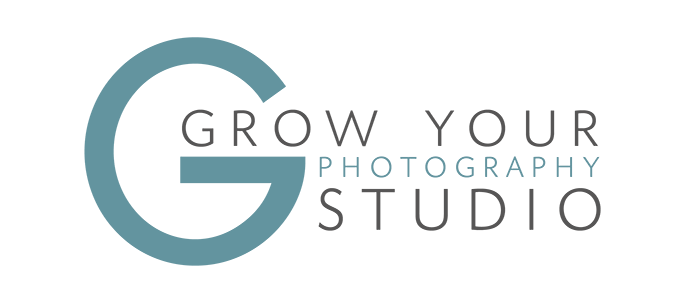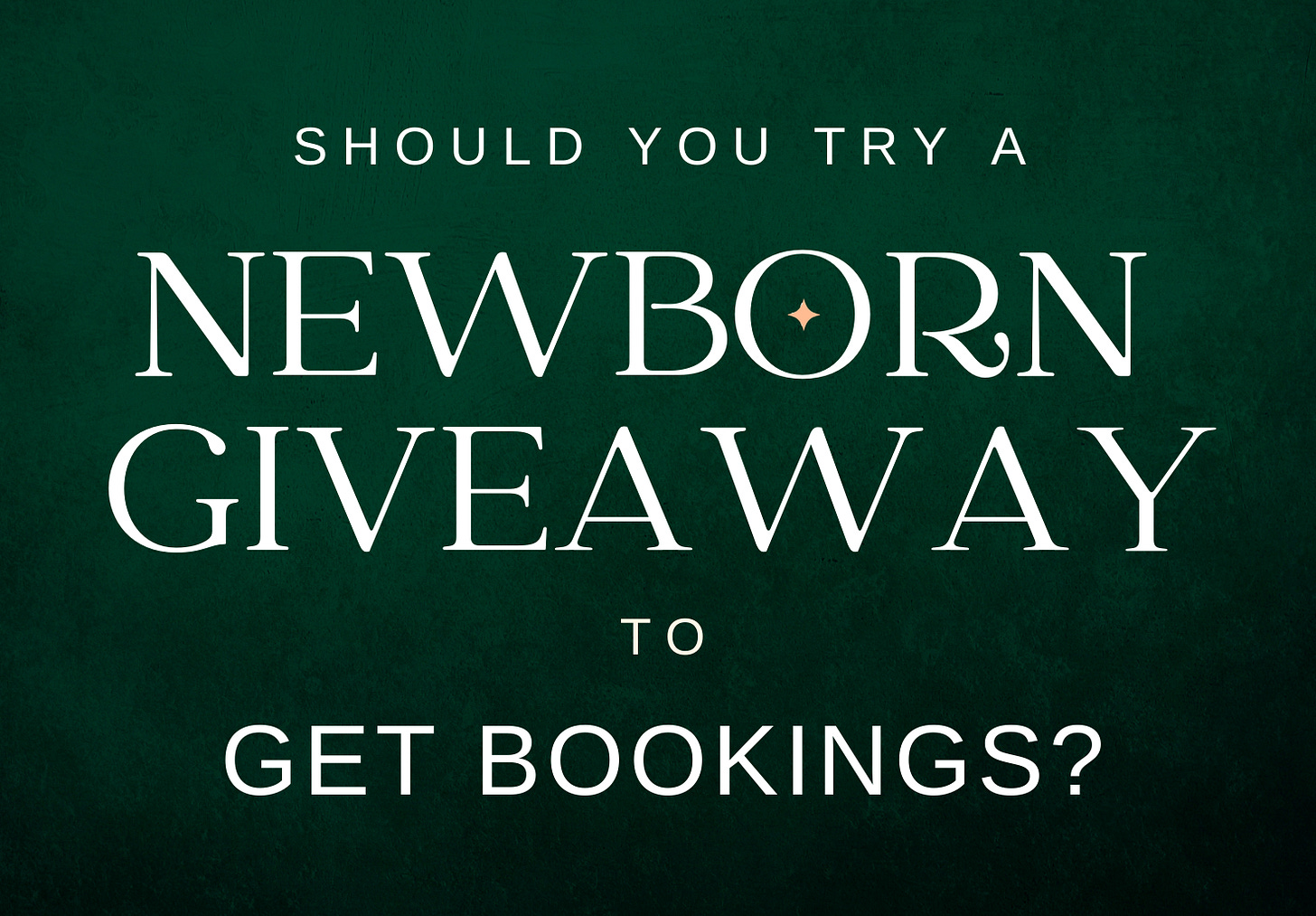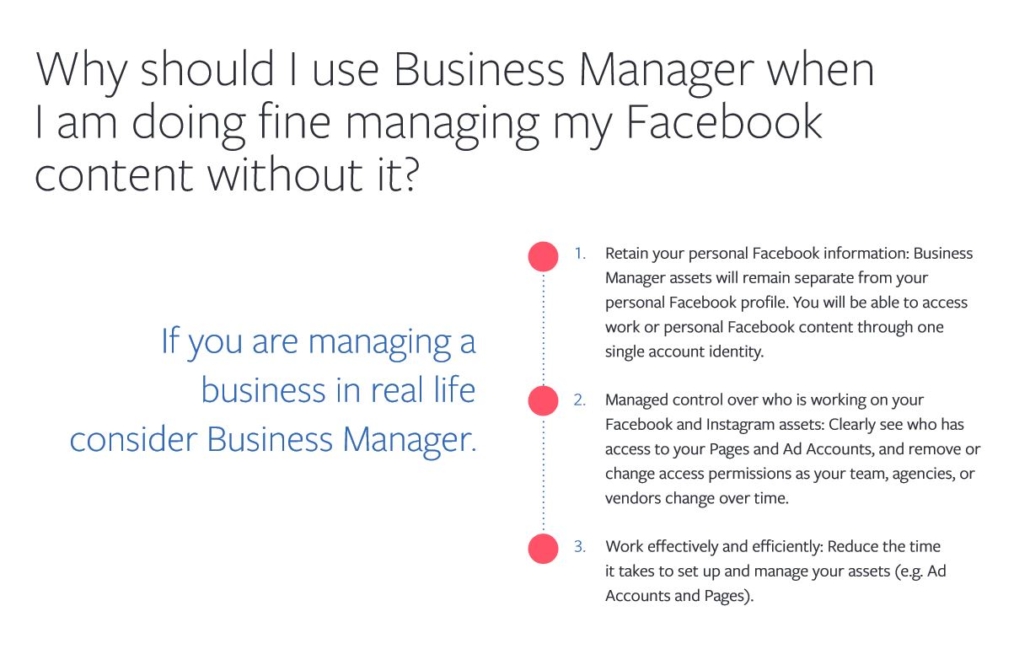The short answer: maybe. But you’re probably asking the wrong question.
Competitions and Giveaways are not new to the photography industry, but in the last year they have been more visible, more debated, and probably more implemented than ever, especially for Newborn Sessions.
Partly because ad costs have increased, organic reach has declined, and studios under financial pressure are looking for faster lead generation mechanisms.
Especially if your bookings are low right now, you might wonder whether you should do it too.
So, from someone who has used themin my studio, and implemented them for some photographers I coach… do they really work? And if so, should you try?
Marketing Is Not Your Offer
Before you decide anything, it is critical that you keep the following in mind: there is a big difference between your marketing, the strategy you choose to achieve a specific goal, and the tools you use to implement that strategy.
Most photographers collapse these three into one decision, and that is where reactive, expensive mistakes happen.
So… what IS marketing?
Think about your business as a house you’ve built.
- Your branding is how the space looks and feels: the aesthetic, the atmosphere, the experience someone has the moment they walk through the door.
- Marketing is the network of paths that lead people to that house.
Some paths you build slowly over time: a properly structured website optimised for SEO, a consistent social media presence, local partnerships, word of mouth…
Others can be built quickly, like paid ads. The overall goal, however, is the same: to bring the right people to your door. - Your message is the promise your business makes: who you are, your philosophy, who you’re for, and why you’re the right choice.
This message is delivered through every path you build, every post you write, every ad you run. It determines whether a lead arrives pre-sold, “pre-suspicious”, or purely price-driven.
Here’s what that means in practice.
You can have the most beautiful house on the street, but if no paths lead to it, no one arrives.
Equally, you can build dozens of paths but if the house at the end of them is not strong and “ready to be found”, people won’t book, won’t buy, and won’t come back.
This foundation always comes first: marketing is the environment your strategies operate inside. If your marketing foundation is weak or unclear, no strategy will fix it.
A giveaway built on a shaky foundation, without the right “differentiators”, could amplify a problem you might already be experiencing.
Imagine this:
You run an advertising campaign for a newborn giveaway. Everything, from ad, to landing pages, to your email and text workflow is built off templates and automated.
5 miles from you, another photographer£100 cheaper than you does exactly the same using the same templates.
3 miles on the opposite side, a bigger studio with higher prices is also doing the same, but with a much bigger advertising budget and claiming that the “prize” is worth more (£750 instead of £200).
Very likely, someone clicking on your ad (thanks, algorithm) will also see the ads from the other two studios… but who, do you think, is going to “win” the booking?
Can you see how thinking in terms of strategies alone is not enough?
Remember: visibility without positioning simply accelerates comparison.
A Giveaway Is a Strategy: Not a Solution
A strategy is a deliberate move made to reach a specific business goal. A giveaway, a free session, an offer… these are all strategies. They are not inherently good or bad.
What matters is whether they’re the right move for your business, right now.
That question can only be answered by looking at your actual numbers and circumstances, not by copying what appears to be “working” in someone else’s ad library.
And this is how I help my clients choose their strategies.
We look at their financial situation first:
- How quickly do they need revenue to increase?
- How much can they invest in their marketing?
- What is their current average sale?
- What is the realistic conversion rate they should expect, considering their advertising history, budget, and local competition?
- How strong are their sales skills, and tracking processes?
Once that is established, we pick from my “marketing toolbox” the strategies that have the best chances of achieving the goal, with the numbers and timeline available.
There is more to this, even when the above is similar, personal circumstances matter: a single mum of two might not be in immediate need of bookings, but might be willing to take more risks in order to build (or maintain) financial resilience.
A marketing expert or coach, in my opinion, should always assess the above (at a minimum) before choosing a strategy for a client, and this is difficult to do without some level of work and evaluation done on a 1-to-1 basis.
Newborn Giveaways: The Risk Nobody Talks About
Free sessions are not actually free. They cost you time, energy, opportunity, and a portion of your perceived value every time you run them.
They only pay off when three things are true:
- your in-person sales process is strong,
- your pricing structure is built to absorb the front-end cost,
- your marketing already supports perceived value that survives the offer, or you are actively strengthening it.
Remove one of those, and the model becomes weaker.
There’s also a market dynamics problem worth understanding. Aggressive strategies work best when they’re uncommon.
The moment multiple studios in the same area are all running free newborn sessions, heavily automated, the differentiation disappears. Clients start comparing. And comparison almost always comes down to price.
And when price becomes the primary filter, your work simply becomes a commodity.
Worse, if the local market develops suspicion around “free” (for example, if previous studios have created a reputation of hidden upselling), conversion rates drop across the board, even for ethical studios.
Remember: your strategy does not operate in isolation. It operates inside your local market.
Ps: If you want to know more about the consequences of “being too similar” to others, read my article “When Every Photographer Sounds The Same, Price Wins”
Advertising Is Just the Amplifier
One more distinction worth making: advertising is not marketing, and it’s not strategy.
Advertising is a tool, a vehicle for delivering your marketing to more people, faster.
If your foundation is strong, advertising accelerates growth. If your foundation is weak, advertising amplifies your problems.
This is also why copying someone else’s ad campaign or offer might not be as simple as you think (if it was, we could just do that and enjoy the financial rewards).
Tools scale structure. They don’t replace it. And this is even more true for competitions and giveaways.
Already Running Competitions? Ask Yourself This Question
If you have already been successfully running competitions for years, you might think that all of the above does not apply to you.
But I would invite you to ask yourself this question and answer honestly: if, all of a sudden, they stopped working for you, would you have the financial resources, knowledge, and marketing assets to pivot your strategies and keep the business going?
If your overall marketing is strong, the answer to the above question is yes. You’d be able to absorb the short-term “shock”, and generate leads and bookings using other strategies without too much “trial and error”.
If all you’ve ever known are free sessions, the story might be different, because you haven’t built depth… you’ve built dependency.
The Question Worth Actually Asking
Instead of “are free sessions working?” ask this: Given my financial position, my local competition, my urgency, and my long-term goals, is this the right strategy for my business right now?
Marketing decisions made by watching what others are doing will always keep you in the back seat of your business.
Marketing decisions made from financial clarity, marketing knowledge, and market awareness keep you in control.
Build the foundation first. Choose strategy second. Use advertising to accelerate it.
In that order, the market doesn’t dictate your moves, you do.
Thanks for reading Back to Whole! Subscribe for free to receive new posts and support my work.
If you’d like to have a deeper look at your marketing, in order to help you choose the best strategies, have just opened an additional 3 spaces for my Complimentary Business & Marketing Assessment.
You can apply here: https://www.growyourphotographystudio.com/marketing-assessment-25
This assessment is completely free, and includes three 1-to-1 coaching callse.
There is only one catch: I might ask you to share your feedback via a form, to help me improve the process.



